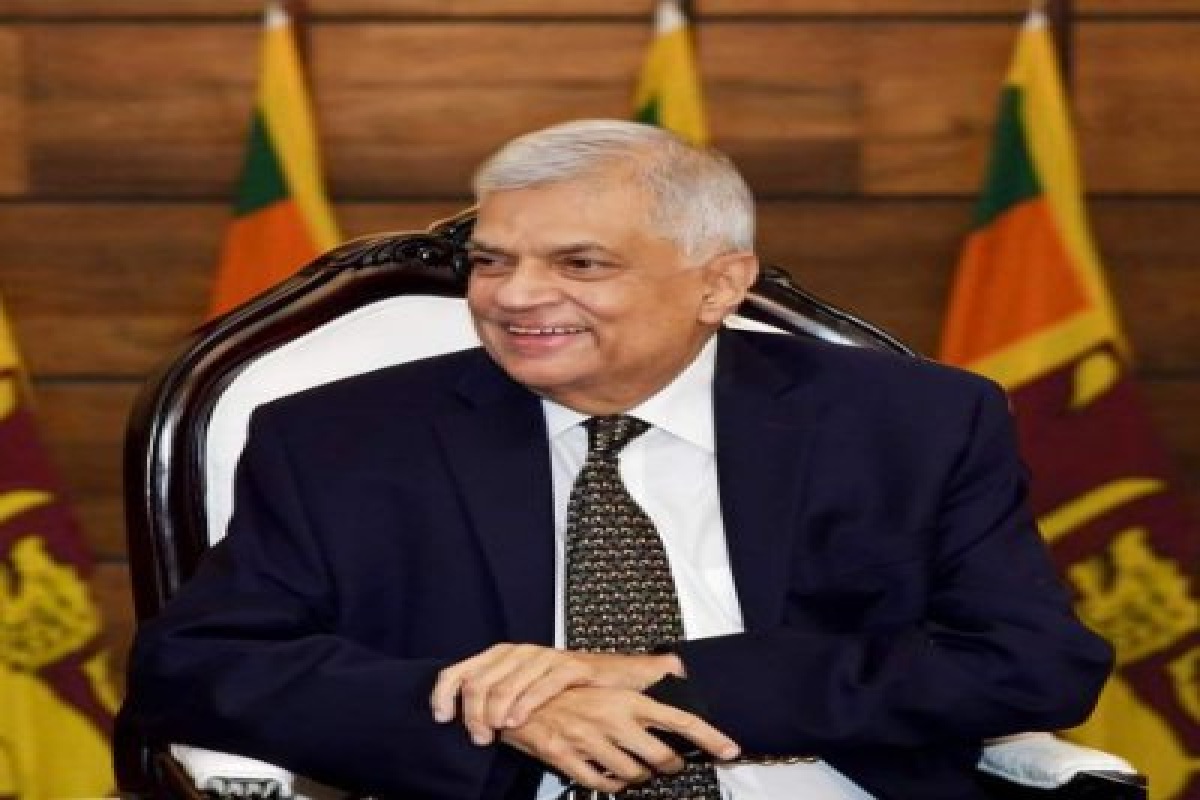I n the wake of the economic collapse in Sri Lanka, Monday’s warning by the IMF chief is as timely as it is pertinent. Verily, Afghanistan is yet another country in South Asia that is seemingly doomed to a similar fate. Kristalina Georgieva’s word of caution is no less relevant to other countries, that they could also face a similar situation in the face of high debt levels and what she calls “limited policy space”. She has made a statement of geographical fact when she states, “I wish the economic outlook was as bright as the sky in Bali, but unfortunately it is not. The outlook has darkened significantly, and uncertainty is exceptionally high. Downside risks about which the IMF had previously warned have now materialized” Ms Georgiva said this to a meeting of G20 finance ministers and central bank Governors in Indonesia.
The comments of the IMF chief are timely especially because Sri Lanka is facing its toughest economic crisis and is not in a position to pay for its essential imports of fuel, food and medicines due to an acute foreign exchange crisis. President Gotabaya Rajapaksa was forced out of power last week due to his shoddy handling of the economy. Ms Georgiva said that developing nations had also been experiencing sustained capital outflows for the past four months. While she did not mention the names of any of these countries, the same global contretemps ~ rising inflation and interest rate hikes, high levels of debt and dwindling foreign exchange reserves ~ have affected other economies in the region. Pakistan is another in addition to Afghanistan.
Advertisement
A swathe of South Asia, therefore, is verily in a poverty basket. In addition to the economic blight, the political crisis is becoming more and more acute in Sri Lanka. The interim President ~ an appellation not readily agreeable ~ has declared a state of emergency. It gives him broad powers ahead of this week’s presidential election. The Opposition has binned Ramiul Wickremesinghe’s move as “undemocratic and draconian”, indeed a step that in reality is intended to muffle dissent, exemplified by endemic violence against the establishment in Colombo. Mr Wickremesinghe has defended his initiative, saying the emergency is required in the interests of public security, the protection of public order, and the maintenance of supplies and services that are essential to the life of the community. The striking lacuna of his message to the people is the lack of a blueprint for an economic upswing. The fear that Sri Lanka might sink deeper in the economic mire is dangerously real. A change of guard at the helm is at best a cosmetic change, at worst an attempt to airbrush core issues that are close to the bone. This intrinsically is the tragedy of Sri Lanka.









